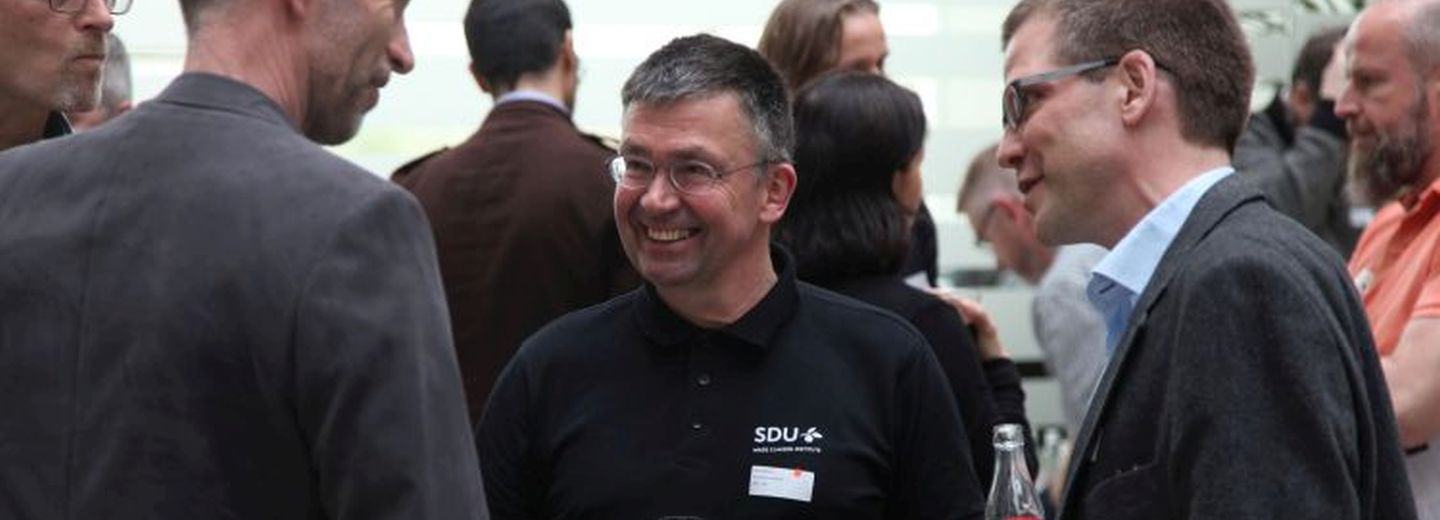
Danish-German collaboration set to retain production in border region
A three-year project with the aim of strengthening the region's competitiveness in production is underway.
The number of industrial workplaces in Denmark and Northern Germany has fallen significantly over the past 10 years. As well as technological development, which has made communication and transport across the border cheaper, lower pay for employees from Eastern Europe, China and India has made it attractive for companies to move production out of the country.
But as production disappears, it also takes with it a large proportion of our innovation. And what are we to live on if industry disappears?
We have to be smarter
A Danish-German collaboration with the project name 'InProReg' has now been established; 'InProReg' stands for Innovative Production Region. The project aims to strengthen regional competitiveness in production in Southern Denmark and Northern Germany.
- We can't compete in terms of wages, but we can be smarter, says Arne Bilberg who is an associate professor at SDU Sønderborg and is coordinator of the project.
He goes on to explain that by strengthening production in the region through implementing new systems and smart approaches to controlling supply chains, small and medium sized businesses in particular could increase their competitiveness. This is to be achieved by strengthening modern automated production systems and innovative approaches to product development.
The project is divided into two parts, of which the first has focus on building up knowledge about innovative production. The second part focuses on networks and cluster activities, which will lead to business development in crossborder production. In this way, 'InProReg' will contribute to retaining workplaces in the manufacturing industry in the Danish-German border region while also bringing workplaces that have been moved abroad back home again.
Great advantages to having production in Southern Denmark and Northern Germany
It is actually a very good idea to keep production in Southern Denmark and Northern Germany. Although it is not possible to compete with wages in countries like India, companies can have better control over price and not least quality when both production and development takes place under the same roof. In addition, the Danish and Northern German workforce is skilled.
- We're good at utilising new technology in the region, says Arne Bilberg, and stresses that more companies have begun to bring back production and workplaces from abroad.
A survey carried out by the Confederation of Danish Industry in 2016 reveals that the most common reason given for bringing production back to Denmark is increased flexibility, followed closely by quality and productivity.
The 'InProReg' project involves many partners, including Christian-Albrecht-Universität zu Kiel, Hochschule Flensburg, Eckener-Schule Flensburg, KiWi GmbH and Kiel Region GmbH on the German side of the border, while companies and strong regional operators such as RoboCluster, EUC Syd, Business Academy South-West, the Zealand Institute of Business and Technology, Easy Robotics ApS and Sønderborg Vækstråd are among the partners on the Danish side of the border.
The project will run for three years and is financed by Interreg Deutschland-Danmark with funds from the European Regional Development Fund.